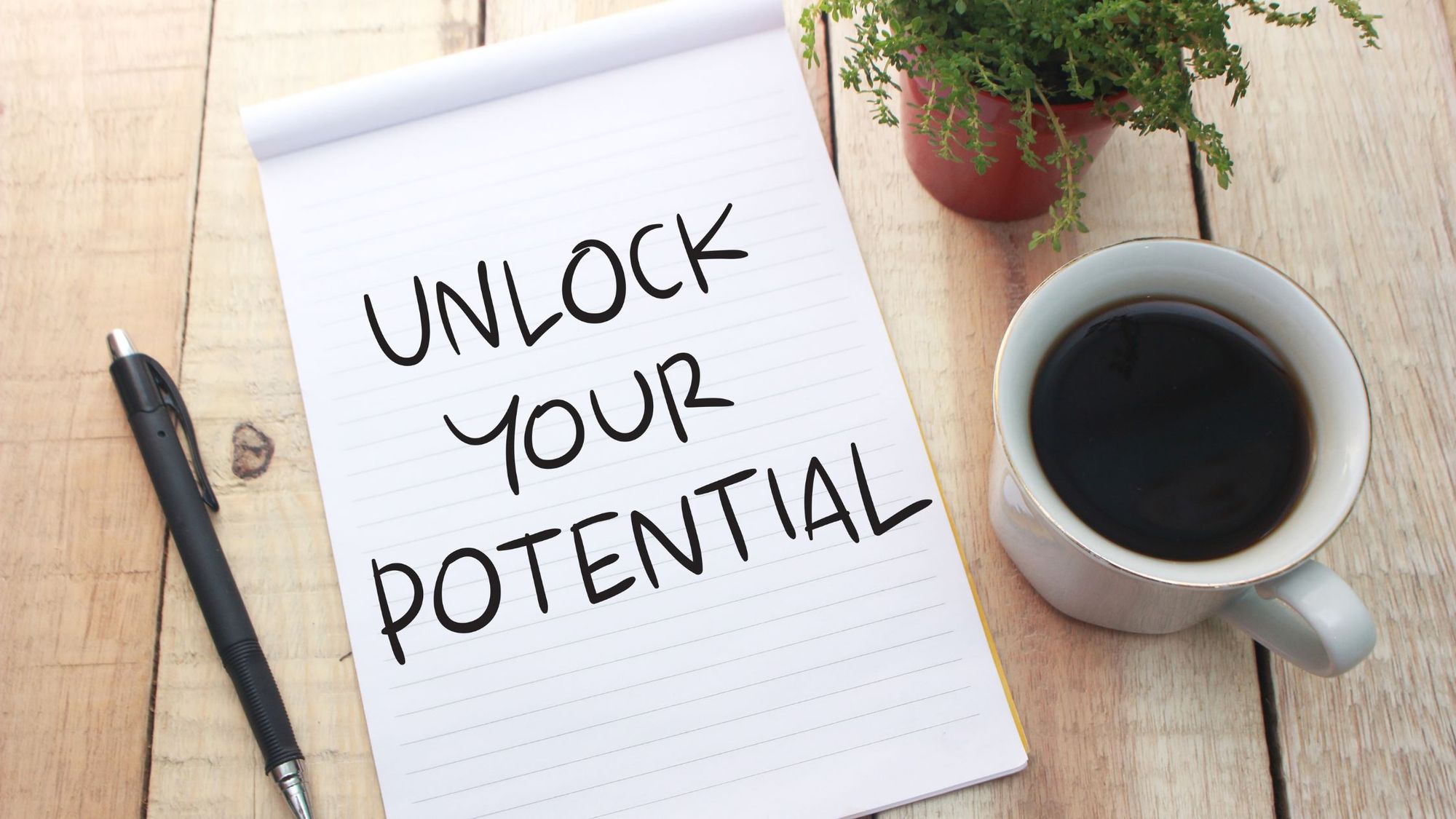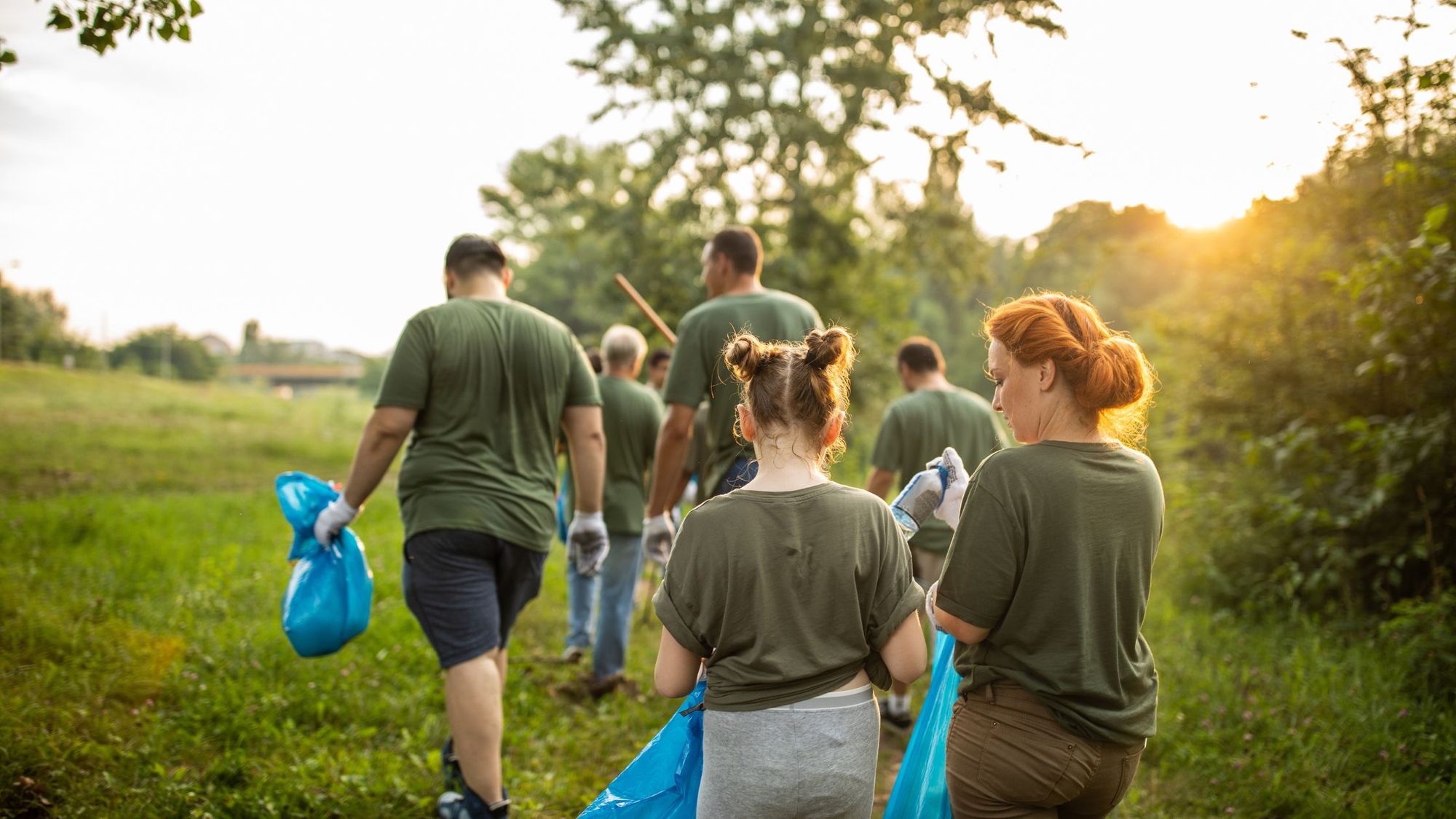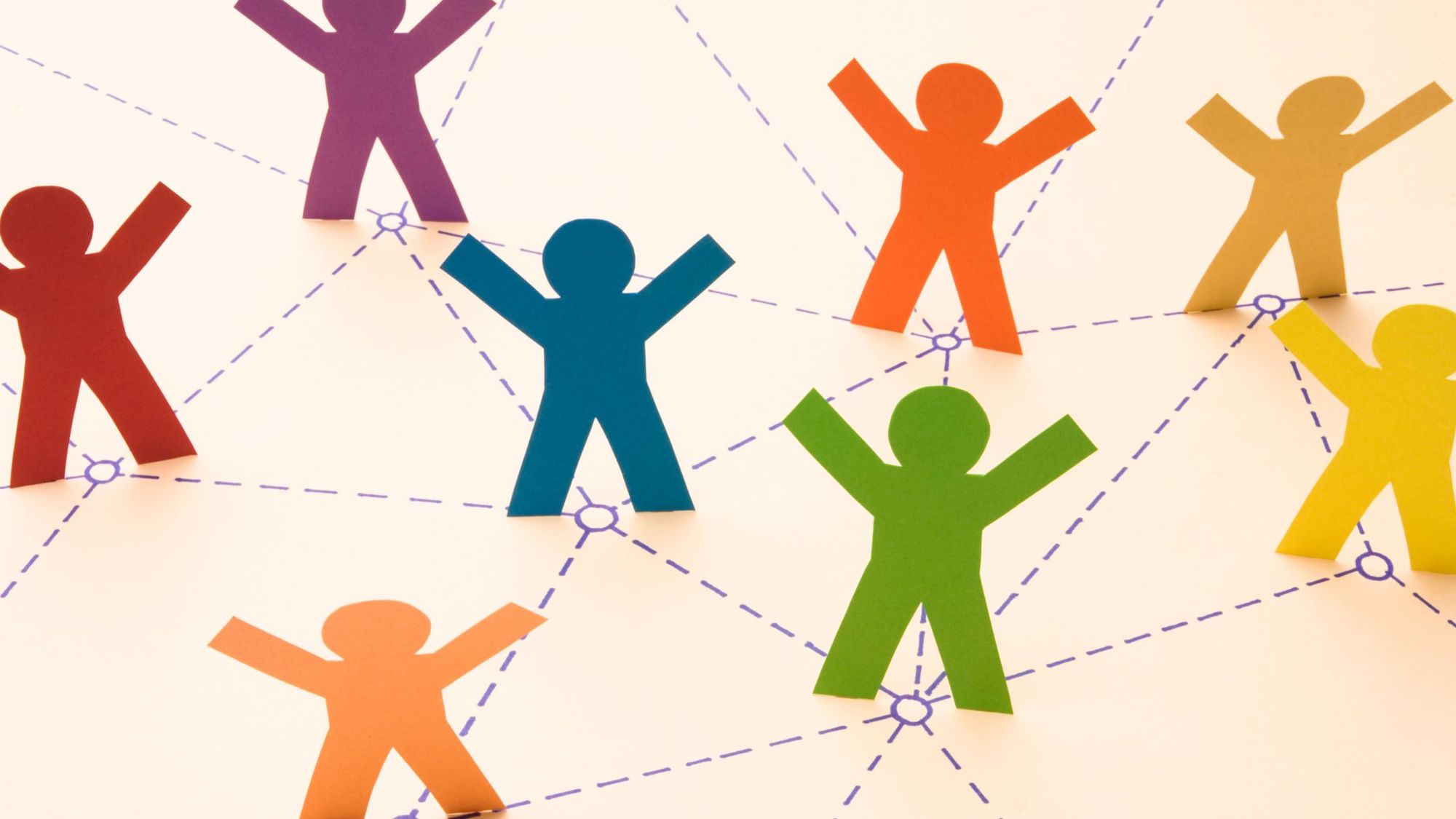
Our health goals can be ambitiously simple in our heads. Anything from toned abs to a future free of complications, the truth is that the factors that contribute to staying healthy are complex and multifaceted.
This is especially true when you consider the roles that lifestyle, genetics, and their interactions play in your health and well-being. It can get overwhelming, but it doesn’t have to be that way.
The age-old debate asks whether genetics or lifestyle matters more when it comes to maintaining good health, but you should know that you can take advantage of both to be your best, healthiest self. Here’s a breakdown:
The Role of Genetics in Health:
Genetic science is progressing rapidly, with sci-fi technologies like cloning and “designer babies” just on the horizon. In our everyday realities, however, there’s not much we can do about the genes we were born with.
That means coming to terms with the fact that certain conditions, such as cystic fibrosis, many types of cancers, or sickle cell anemia, are written into your genes, inherited from your parents. These conditions are largely determined by genetic factors and are beyond your control.
But if you were dealt a bad hand in DNA while others win the lottery, do our choices in health and wellness truly matter in the grand scheme of things?

Lifestyle Choices and Environmental Factors:
While genetics lay the groundwork, lifestyle choices and environmental factors can profoundly influence our health outcomes.
Some of these choices are universally understood — wash your hands before eating, get enough sleep, eat your vegetables — lessons every parent would impart on their children.
The lifestyle choices we make, including diet, exercise, and habits like smoking or excessive alcohol consumption, can have a profound impact on our health. A healthy, balanced diet rich in fruits, vegetables, and whole grains, combined with regular physical activity, can reduce the risk of developing chronic diseases such as heart disease, diabetes, and obesity. On the other hand, an unhealthy lifestyle characterized by poor nutrition and sedentary behavior can increase the likelihood of developing these conditions.
Think of it this way. You can be blessed with great genes for cardiovascular health and still smoke that advantage away. Likewise, you might be set back with a risk of high blood pressure but still choose to live a healthy lifestyle in light of that knowledge, resulting in improved well-being and quality of life regardless.
In fact, the WHO has found that approximately 30-50% of all cancer cases can be prevented with proactive measures.
Well, what does it mean to be proactive?

Gene-Environment Interaction: Connecting the Dots
The relationship between genetics and lifestyle is not a simple dichotomy but rather a complex interplay. Genes can influence how individuals respond to certain lifestyle factors and environmental exposures, while lifestyle choices can impact the expression of genes. This interaction between genes and the environment contributes to the individual variation in health outcomes.
We all share the same set of genetic material, and yet, each and every one of us are one-of-a-kind. That said, our approach to our health and well-being should be the same.
Being proactive in this sense means to understand that you do have a say in where your personal health journey goes. Learning about your own genetic makeup and how it influences your health will empower your everyday choices with confidence and peace of mind.
But you can’t play your hand if you don’t know the cards you were dealt with. If you’re looking to decode your DNA, then you can do a simple at-home swab with CircleDNA’s genetic tests. From your body’s unique fitness and diet responses to uncovering predispositions and risks to conditions like cancer, there isn’t a health goal that CircleDNA doesn’t have an insight for.
Remember, genetics may set the stage, but lifestyle choices ultimately have the power to shape your future health.






